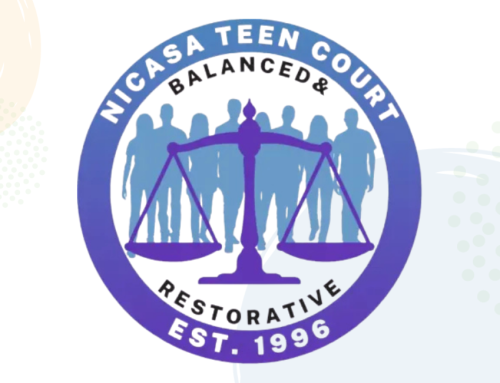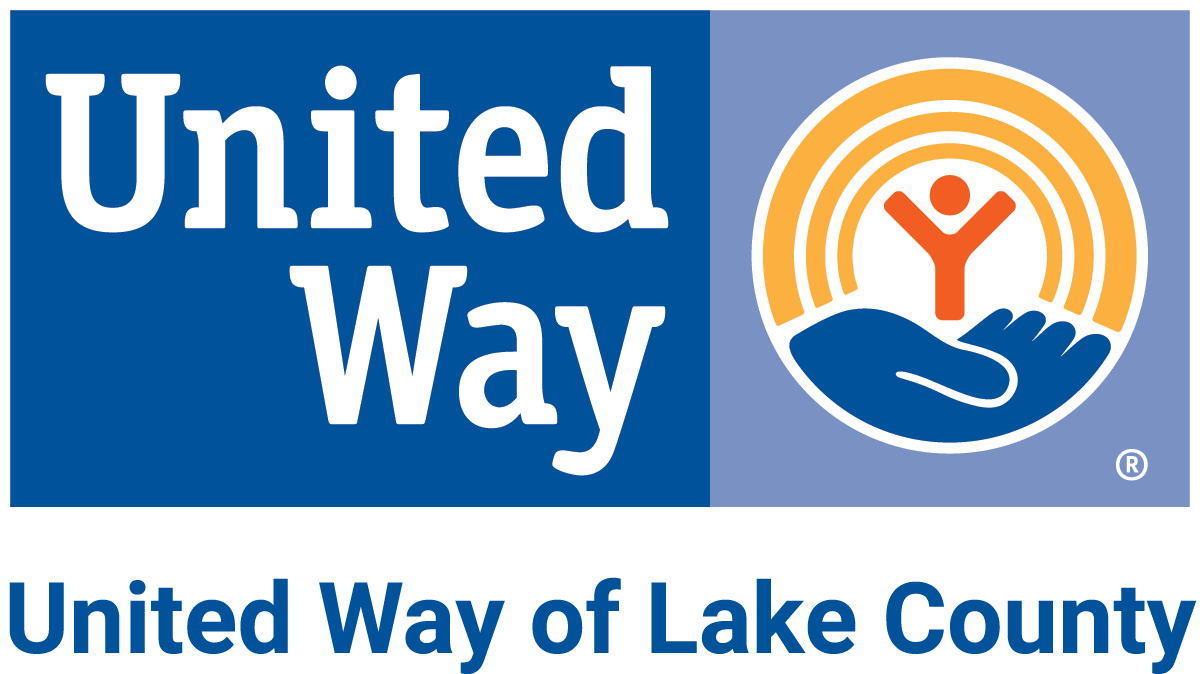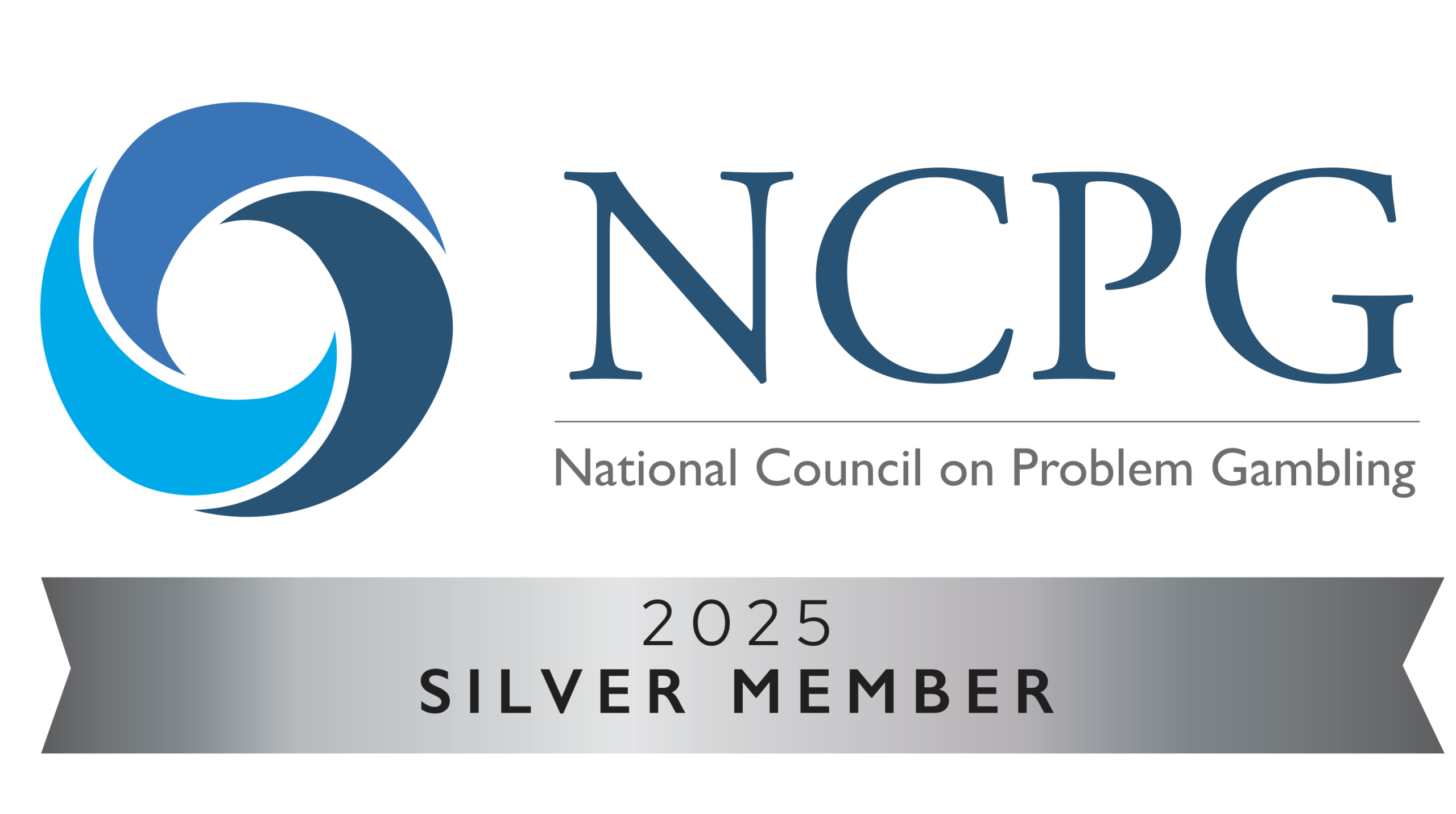A significant body of research shows that young brains are often the most impressionable and that presence of addictive substances can drastically alter and stunt normal brain tissue development. The influence of these substances can have both immediate social and behavioral consequences, as well as far reaching health impacts that can affect a person for decades to come. The risk of substance use for teens is well known, and talked about with parents, caregivers, and educators. So, why is it that gambling is often left out of this conversation?
It seems like more and more, tech companies and advertising firms want people on their phones as much as possible. While many adults feel they are “immune” to this kind of aggressive marketing technique, often the most vulnerable are kids and young adults.
Dr. Timothy Fong, co-director of University of California, Los Angeles’ Gambling Studies Program, said in 2022, “Young people are significantly at higher risk of developing gambling disorder than adults, in part because their brains are not fully developed. Their ability to evaluate risk, their ability to handle loss, isn’t as secure as an adult.” The International Centre for Youth Gambling Problems and High-Risk Behaviors reports approximately 4-6% of high schoolers have a serious gambling problem. An additional 10-14% are considered at risk for developing disordered gambling.
Gambling in high school, while illegal, can take form in any number of ways. Games of chance and poker, dice, gifted scratch-off and other lottery tickets, and even borrowing access to online gaming apps are all common ways for a young person to gamble. For many it is the simple thrill of small wins and does not escalate much beyond that point. However, sometimes early “big” wins can propel a person to invest more time and energy to continue chasing their next windfall. Some signs and symptoms of teens experiencing gambling harm are:
- Lost and stolen money and objects of value
- Often teens do not fully grasp the impact of their gambling costs. They are not able to see the signs that they have or are about to lose money. Teens may become more tightlipped about their finances. They be unable to explain why they have accumulated both debt or large sums of cash. This can look like repetitively borrowing money without repayment, depleted bank accounts, and/or stealing money from friends and family. Teens may also begin to sell personal belongings so they can continue to gamble. In some cases, teens will “barter” objects of value to offset their debts with peers.
- Constantly playing games
- Teens are impressionable and can often get hooked early on by video games quickly. This includes traditional gambling platforms like casino games, video poker, and lottery tickets, but also general video games and fantasy sports. You might notice a sudden, increased interest or obsession with sports scores and heightened reactions to gaming outcomes as signs of disordered gambling.
- Behavioral changes
- Behavioral changes can include changes in appetite, loss of interest in activities, poor performance in school and/or at work, new or worsening school troubles, friend group fallouts, and at times unexplained injuries or physical altercations with peers. Teens may also have unexplained absences from school.
Some ways you can help a teen in your life with understanding the risks of gambling are:
- Have a conversation with them about gambling risks.
- With the increase of accessibility to gambling products and services, it is important to educate yourself and your teens about safer ways to gamble and the risks. It is more impactful to be proactive in these conversations than reactive.
- Monitor their gaming and browsing history.
- Often teenage mobile and online games are linked back to their caregiver’s credit cards and banking accounts. Make sure to check your statements often for increased transactions to online games your teen is playing. Loot-crates and in-app purchases to advance in a game can become addictive to teens. If you find your teen is frequenting online betting sites, have a conversation with them about why they are using these sites, what they are getting out of it, and how these actions are impacting them financially. This may be a sign they need to quit gambling or look into additional resources for assistance.
- Examine your own betting practices.
- It is important to lead by example for teenagers. Often they may model behaviors they see at home. Apply your education about gambling risks, evaluate your own gambling behaviors, and set a positive example for your teen so they can set reasonable gambling limits as well.
There is never any shame in seeking help when you or your loved ones are experiencing harm from gambling. It is important to seek professional help for gambling as it can have life-long, serious consequences emotionally, physically, and financially. National Problem Gambling Screening Day is 3/12. A free resource that is used by professional counselors is available at the following link: https://e.helplineil.org/screener/. This screening tool is quick and easy to follow.
If you or a loved one wants to talk about the results of the screen, or are experiencing gambling difficulties, mental health challenges, and/or substance use concerns, please contact Nicasa Behavioral Health Services at 847-546-6450 or info@nicasa.org. Whether someone is just starting to gamble, is beginning to experience challenges, or has serious concerns about their gambling or the gambling of a loved one, access to help is available 24/7/365 – it is free and confidential. Illinois helpline staff can be reached 3 ways: phone: 1-800-GAMLBER; text: GAMB to 833234; chat: www.areyoureallywinning.com
Nicasa also offers trainings and classes on gambling. These workshops are available to all who serve Illinois residents of any age. Follow the link to learn more information and register: https://docs.google.com/forms/d/e/1FAIpQLSc02SXbTlL7SMZIlhKobGuqHsucIlh1VlO5YjliVG5x_k-KPA/viewform
Share This Story, Choose Your Platform!
Browse Topics
- Community Services / Coalitions
- Company News
- Diversity, Equity, Inclusion, & Justice (DEIJ)
- Driving Under the Influence (DUI)
- Early Intervention
- Education
- Gambling
- Harm Reduction/Deflection
- Life Experiences
- Mental Health
- Messages of Solidarity
- Prevention
- Recovery
- Sober Celebrations & Activities
- Social Services
- Substance Use
- Teen/Youth
- Treatment
- Uncategorized












